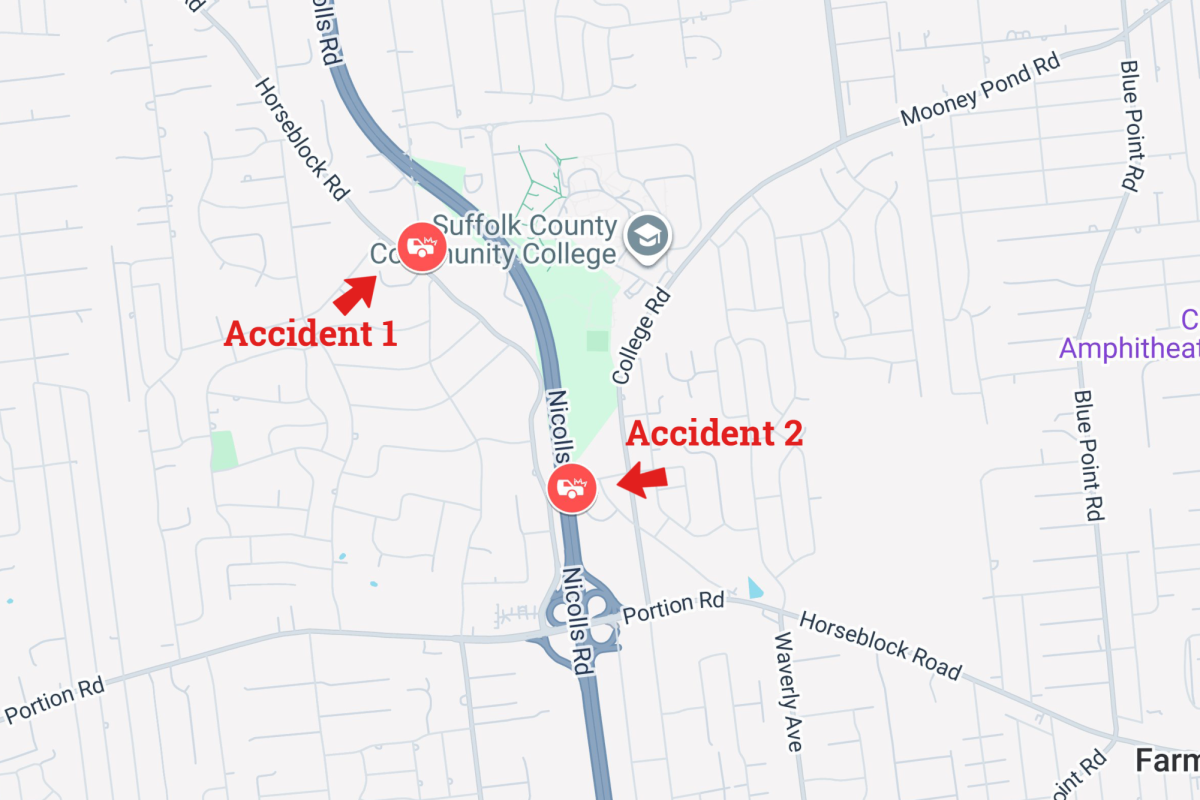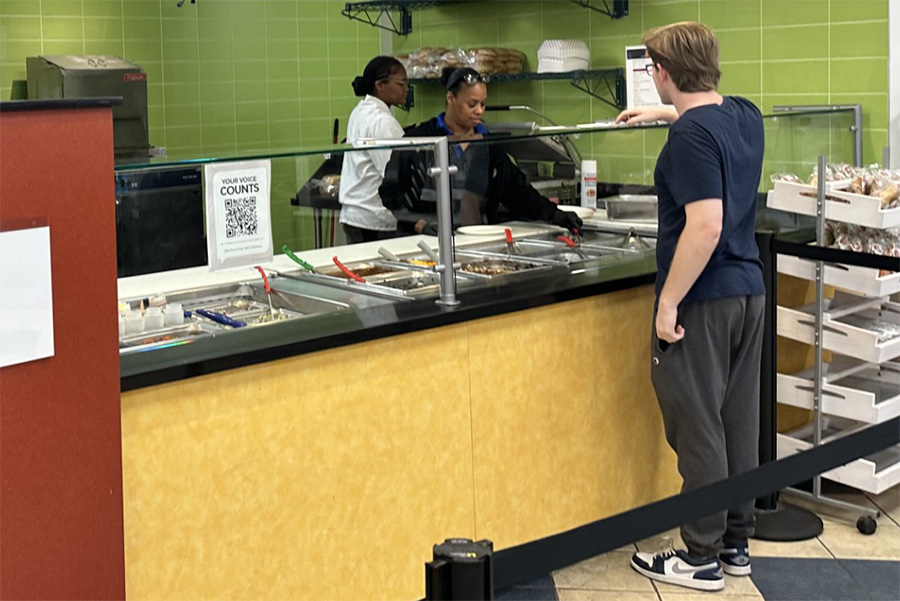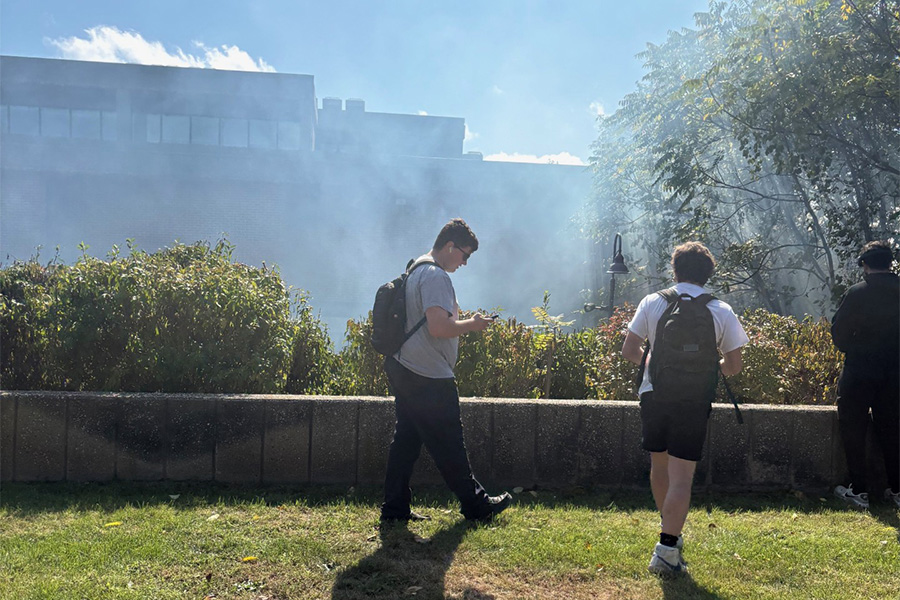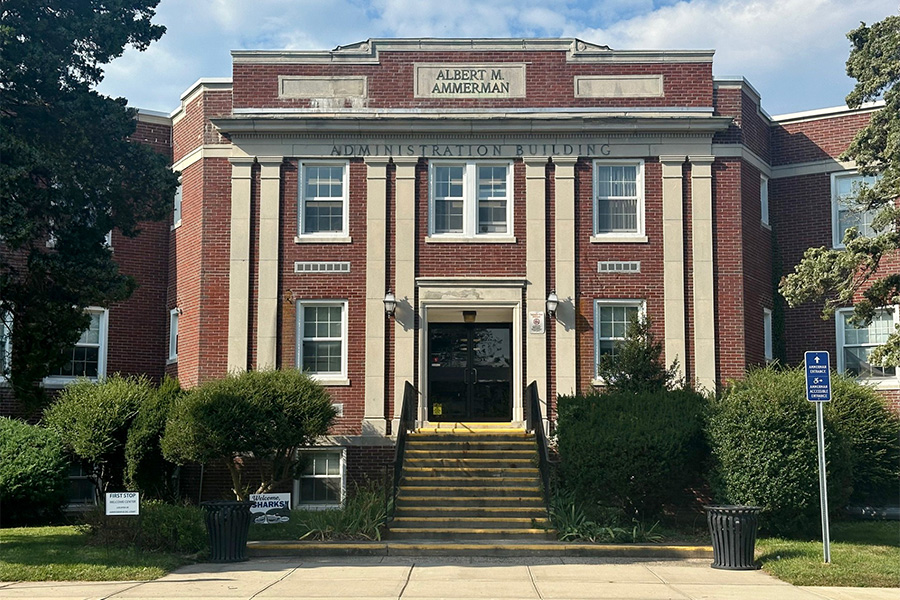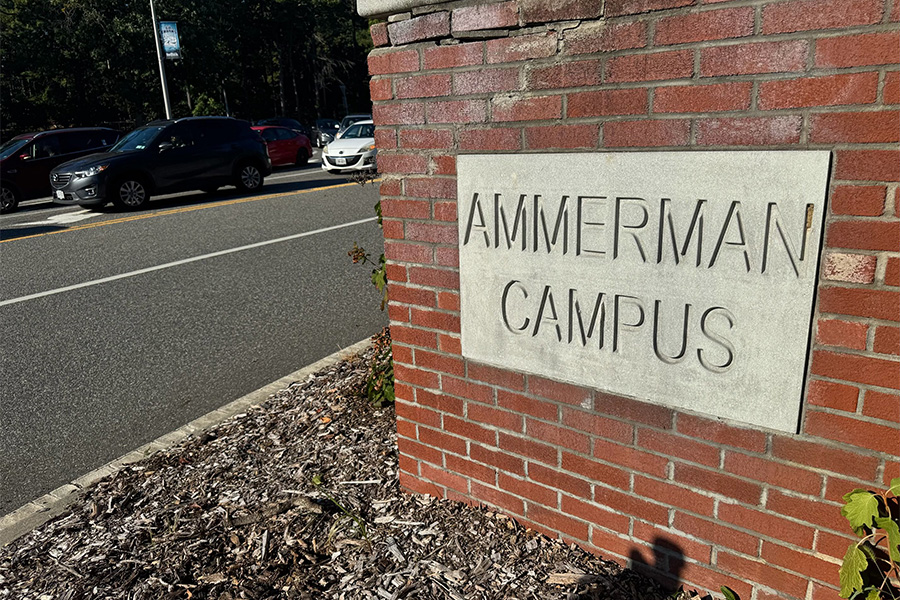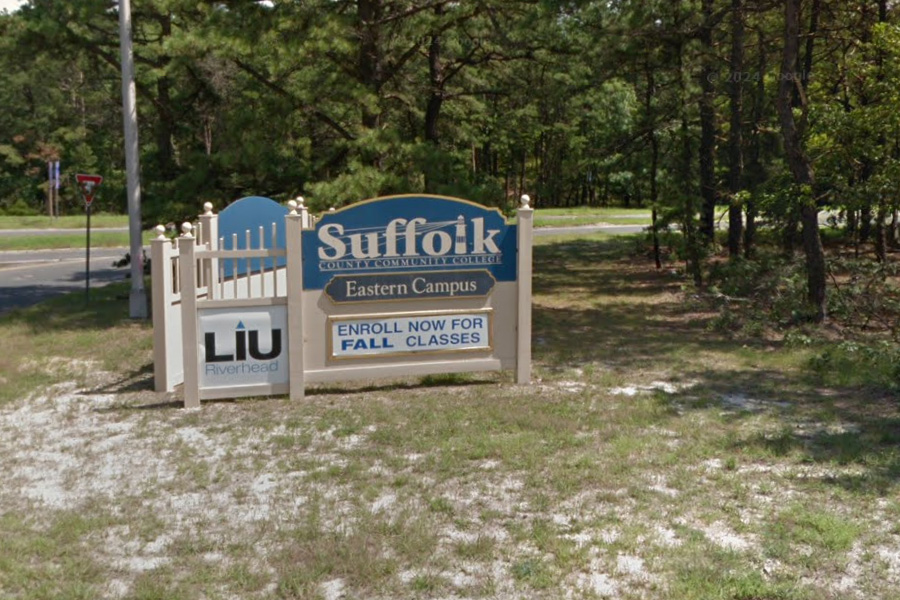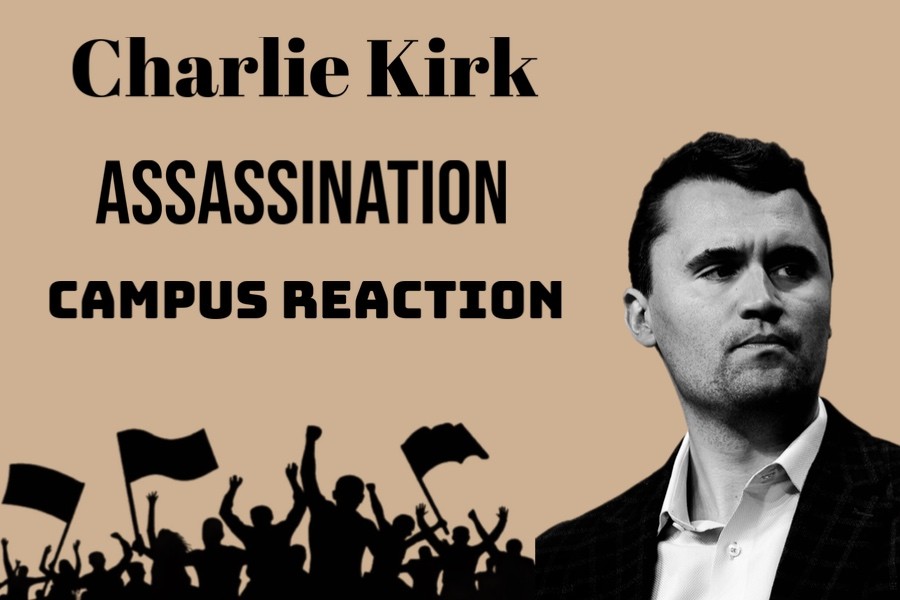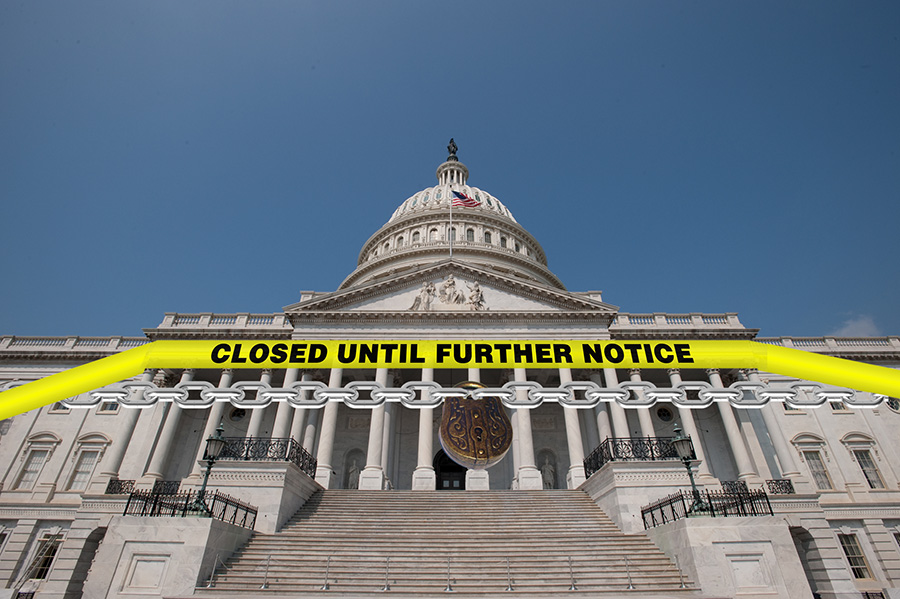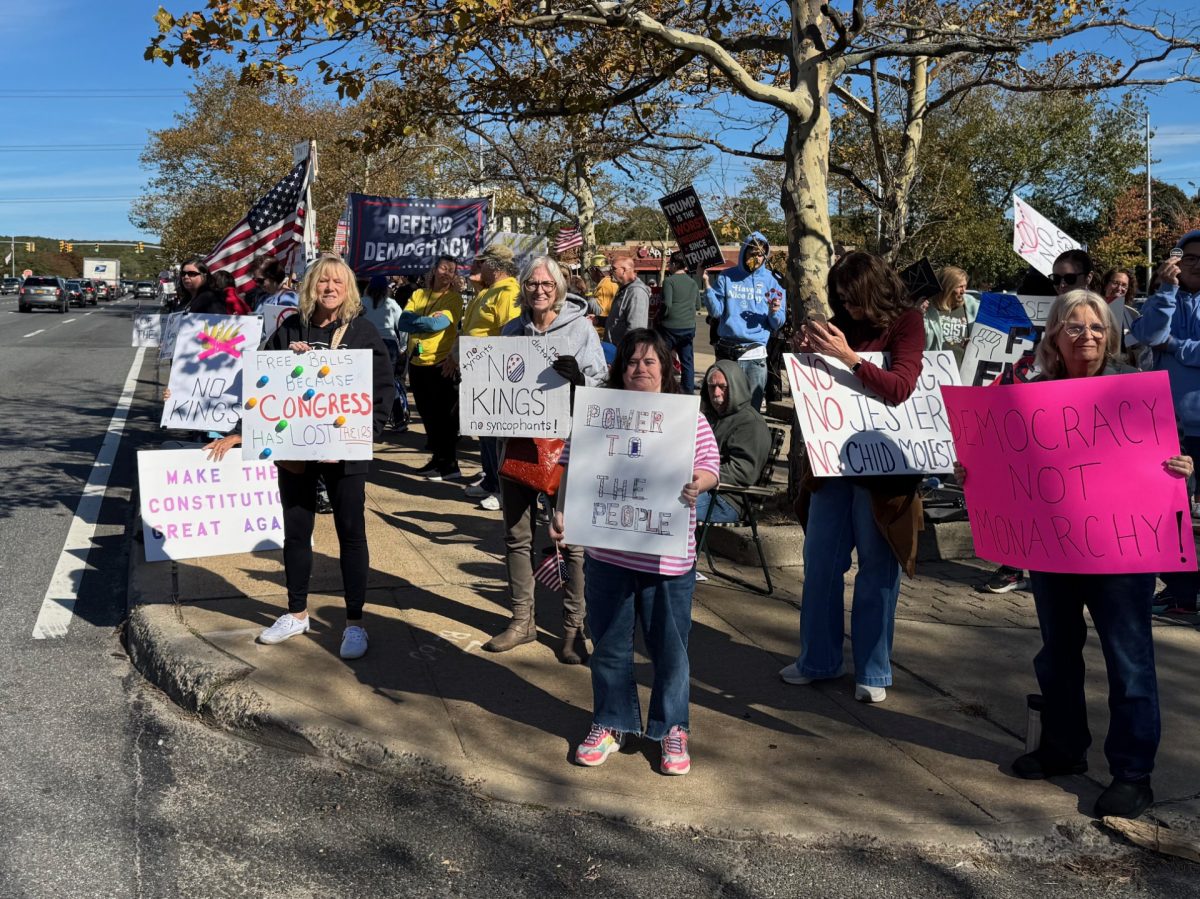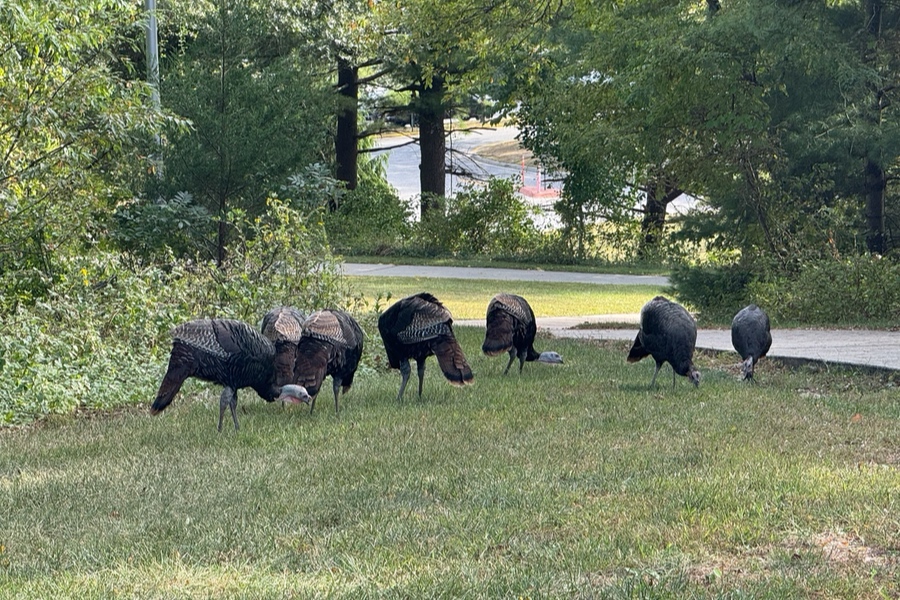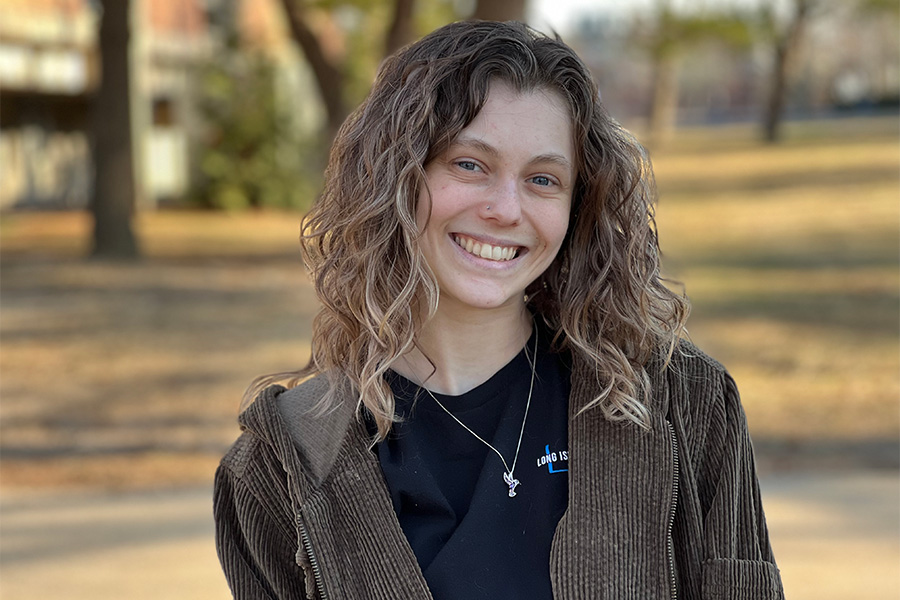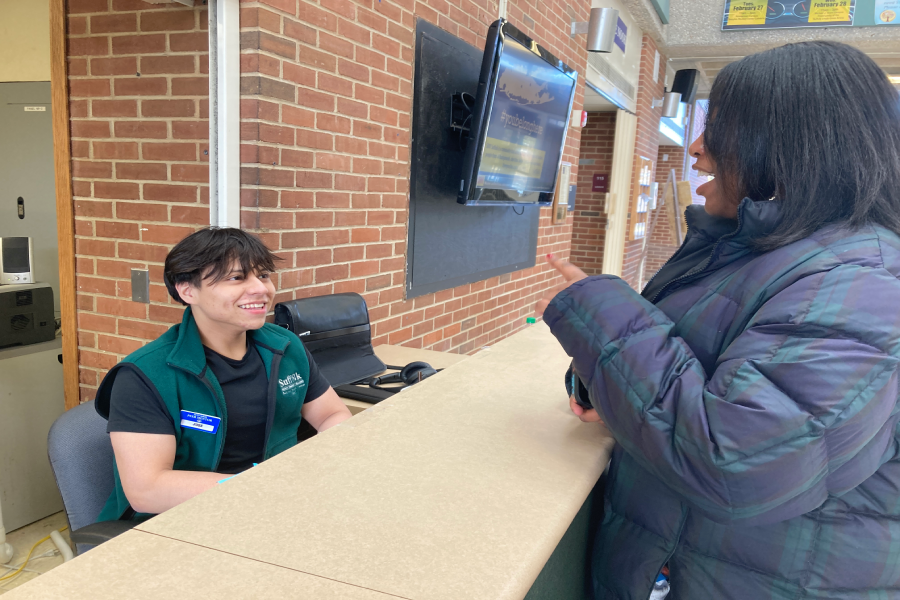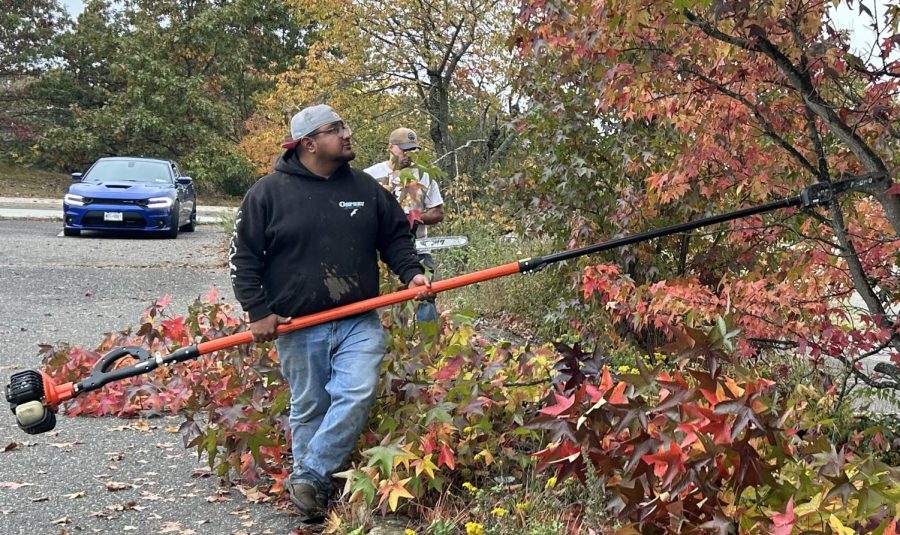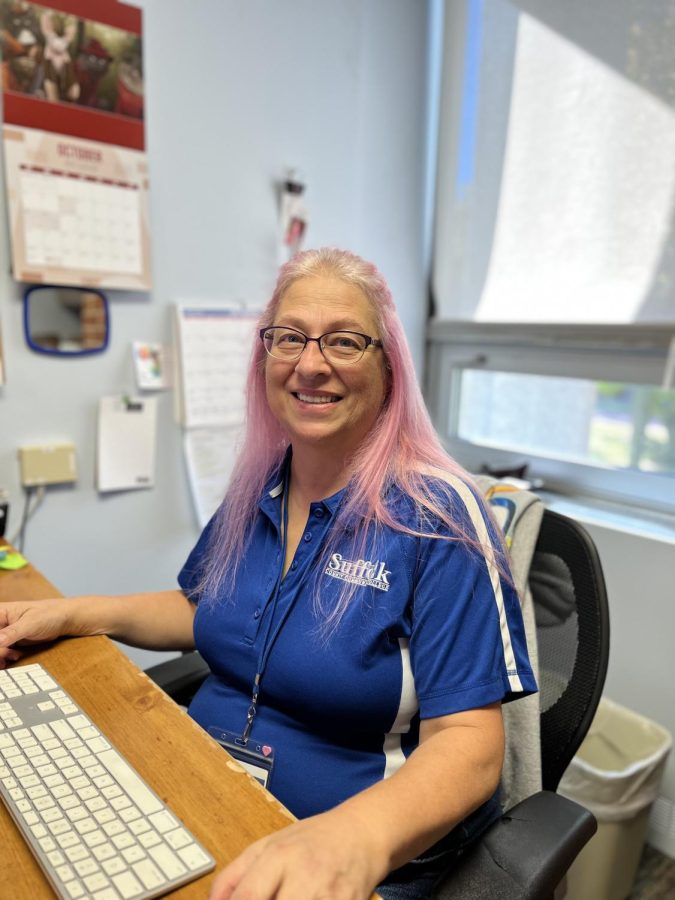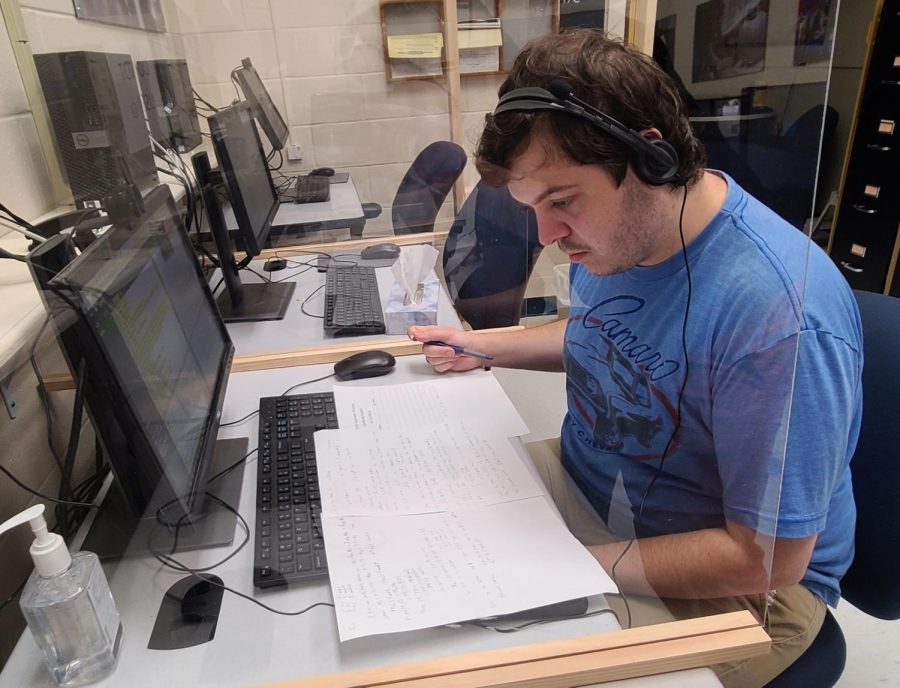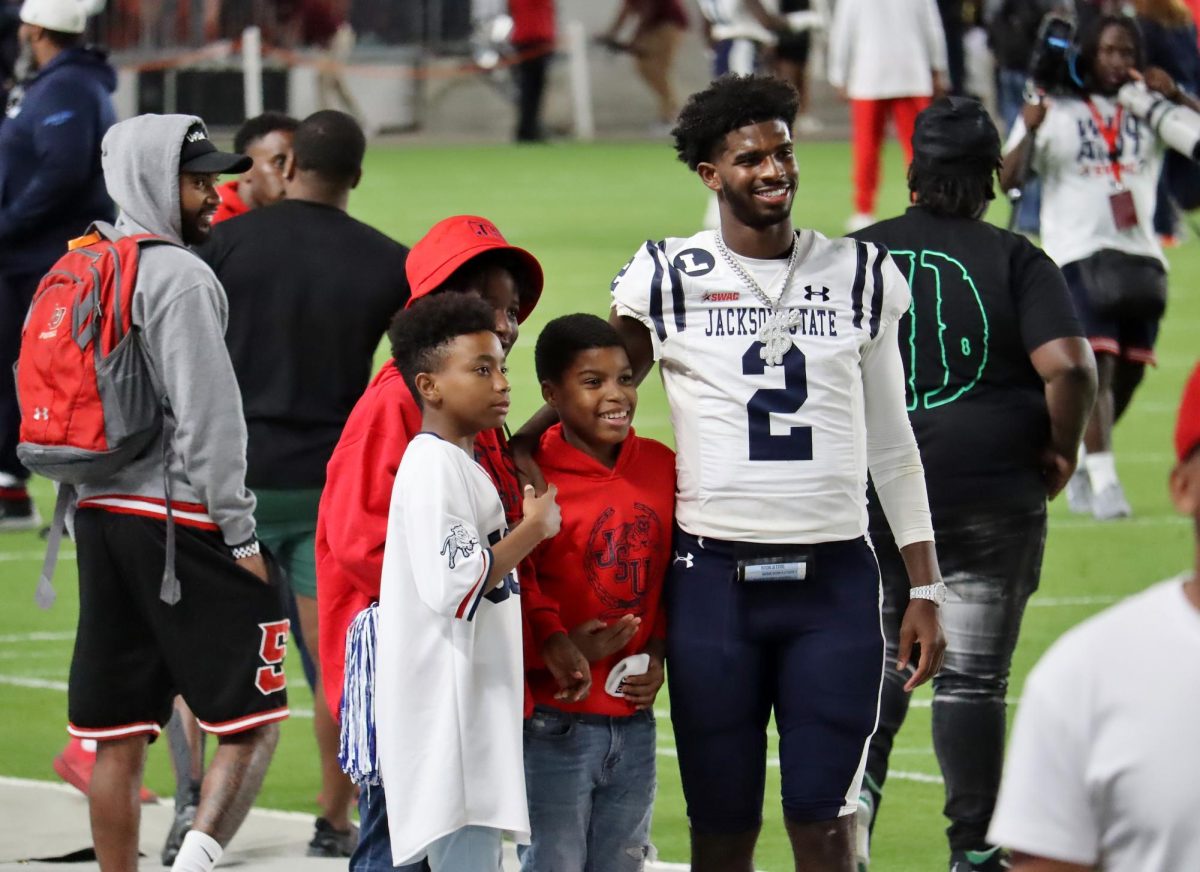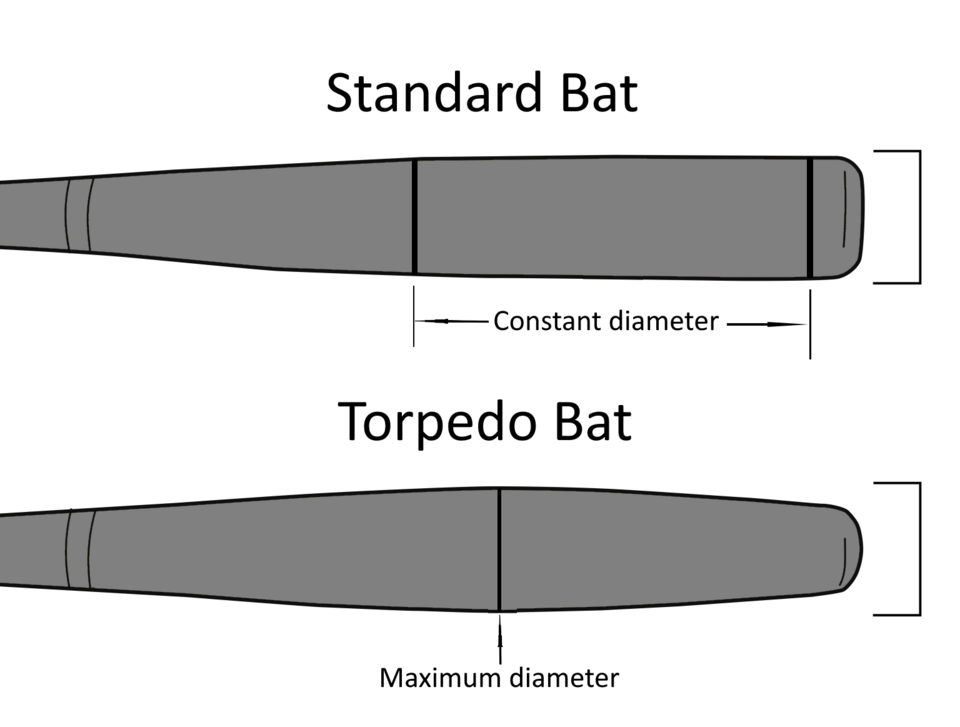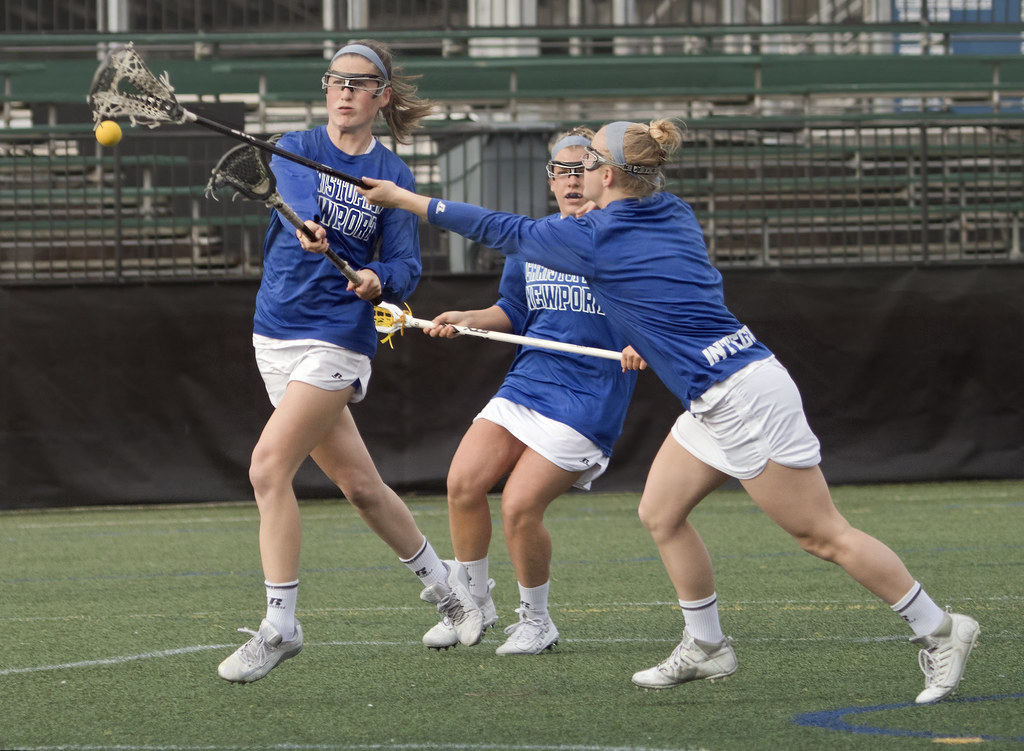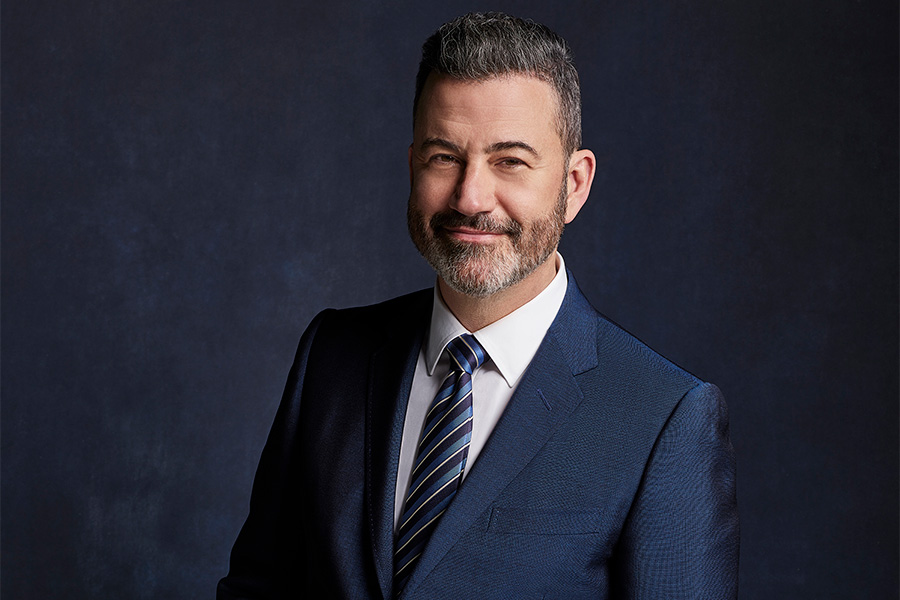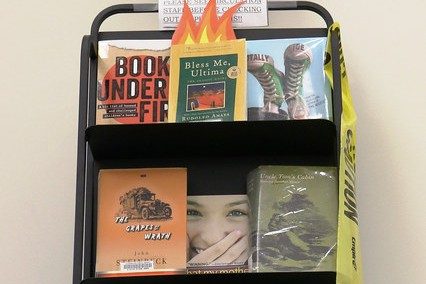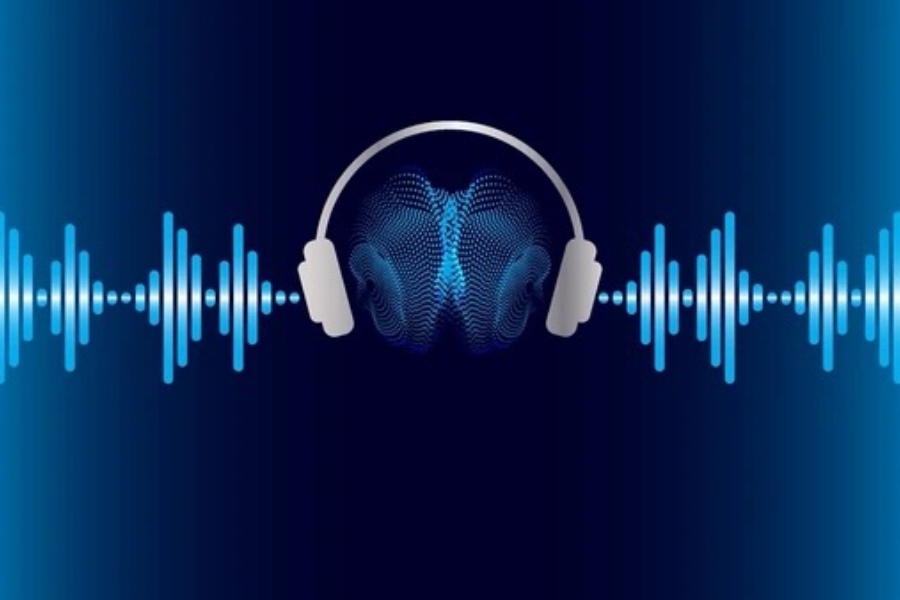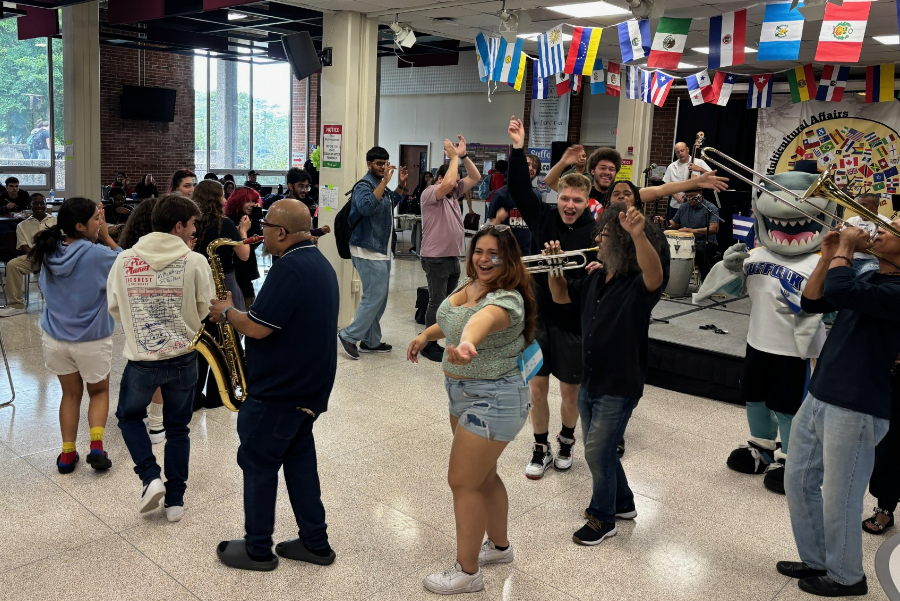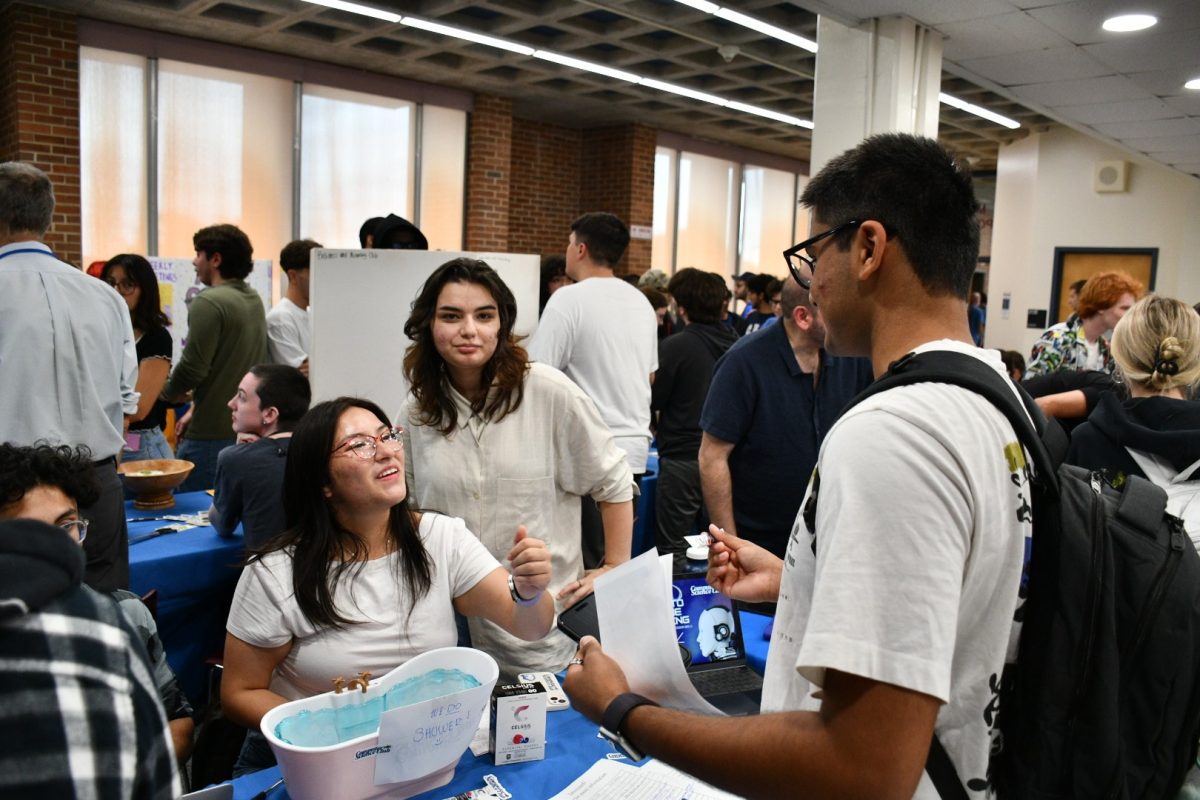The U.S. government shut down on Wednesday, leaving Suffolk students concerned and confused about what may follow.
“It makes you wonder what could happen in the future,” said Chrissy Yanes, a 19-year-old liberal arts major from Central Islip who hadn’t known the government had shut down. “The government is already corrupt, and this makes a lot of us worried.”
Several other students also admitted they felt underinformed about what the shutdown would entail.
“Nobody was really talking about it,” Paula Manrique, a 25-year-old health study major from Central Islip, said. “I found out about it through TikTok.”
Breaking down the shutdown
In short, the shutdown happened because lawmakers failed to reach an agreement on a budget by the Oct. 1 deadline, effectively freezing the government’s funding. Without that funding, federal agencies can’t operate at full capacity, and all services deemed non-essential are paused.
Services like the food assistance program, food inspections, the issuing of student loans, and operations at national parks, museums, monuments, and government websites are expected to be slowed or stopped altogether. While not all parts of the government will shut down, government employees deemed non-essential were temporarily put on unpaid leave.
For many students, school is more than just textbooks and lectures. Whether it’s buying groceries, securing childcare, or paying for transportation, they rely on programs like FAFSA, SNAP, and part-time federal work-study jobs to get by.
As of now, federal student aid like Pell Grants and Direct Loans will continue to be disbursed, and student loan borrowers are still required to make payments on their outstanding student debt, the Department of Education said in a statement on Sept. 28. But if the shutdown continues, services like FAFSA and help lines may also be affected.
Professor’s advice: Short-term, don’t worry
Suffolk political science professor Nick Giordano said in an email that students relying on financial aid services “should not worry” because “most financial aid has been disbursed or is already in the pipeline to be disbursed.”
Giordano added that he doesn’t anticipate the shutdown to last more than a week or two. If so, most people wouldn’t feel the effects of a shutdown, and the government is still taking in tons of revenue from income taxes and tariffs.
“I believe the shutdown will end when the first public opinion polls are taken,” he said. “Whatever side is being blamed for the shutdown, they will quickly begin to change their tune and compromise.”
